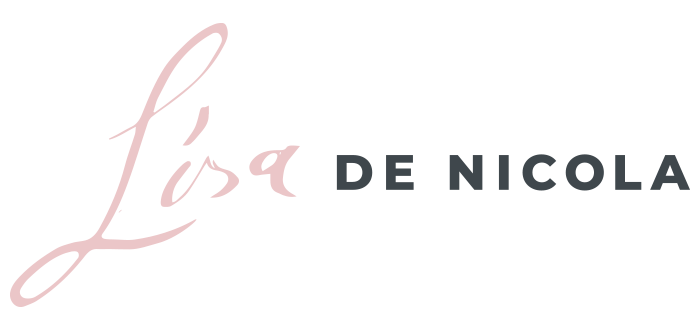You have a daunting task ahead of you, I get it.
In the digital era where technology is changing not only the way we do business but how we communicate and preparing for future workforces, HR’s value has only increased in organizations.
Or has it?
As an HR leader, not only are you responsible for coming up with strategies that respond to the expectations and needs of your current employees but are preparing for a future that is welcoming a whole new generation. One that will continue to ask for what they want because work is seen as an integrated part of their life, not as separate.
The stress, pressure, and frustration of having to urge your executive team that your people strategy is a priority is an understatement. I say this quite confidently having spoken to enough HR professionals who all have expressed some variation that while their ‘people strategy’ is important, it’s not at the top of the agenda.
But why is that?
If we know that our employees make up our business, why wouldn’t senior management teams prioritize their people strategy?
With all the evidence that points to a rapidly changing economy that is changing the landscape of business, along with a changing workforce what are we waiting for?
McKinsey & Company – The CEO’s Guide to competing through HR shares an example where HR stepped up and created a strategic plan that helped solve a growing recruitment challenge to help recruit nurses for a healthcare company. Their efforts reduced turnover and ultimately increased employee engagement and saved the healthcare company around $100M.
The article highlight’s what happens when HR has the opportunity to step out of their traditional role and own a more strategic position within the organization.
As we look ahead to the future of work, everyone needs to step out of their traditional roles at the senior management level and transform the way they lead.
It’s a transformation that needs to happen sooner than later that can begin to address immediate needs in a more strategic and creative way, but also prepare for the future.
Transforming the way you lead as an executive leader (HR or other) is a choice, not a forced action. To lead your people towards a more humanized culture requires collectively partnering with HR to come up with the strategies that will drive value. This also means your people need to be at the top of your agenda on an ongoing basis. HR needs to wear a NEW hat and own their role in being the ‘people advocate’ they’re called to be.
The value driver that HR needs to play comes with that new hat playing a more strategic role, driving ALL of the people priorities with the support from the business.
While I know I’m just scratching the surface of this topic, it’s a conversation that I will continue to dive into and hope others who are influencing and leading organizational change will also.
Here are some questions you can begin to ask to continue this dialogue internally:
What is our organization’s biggest priority around our people strategy? (existing and future)
What’s the short term plan to overcome our existing people’s priorities? What measures can we begin to take to create a long-term strategy for our people’s priorities?
What do we need today to prepare for tomorrow? What resources do we have vs. where do we need to invest in to help support us in our transformation?
I’d love to hear from you and am curious.
If you’re an HR leader, what’s one thing you feel you need in your role to help you focus on your biggest priorities?
Please share your comments below.
With so much love
Lisa xo





